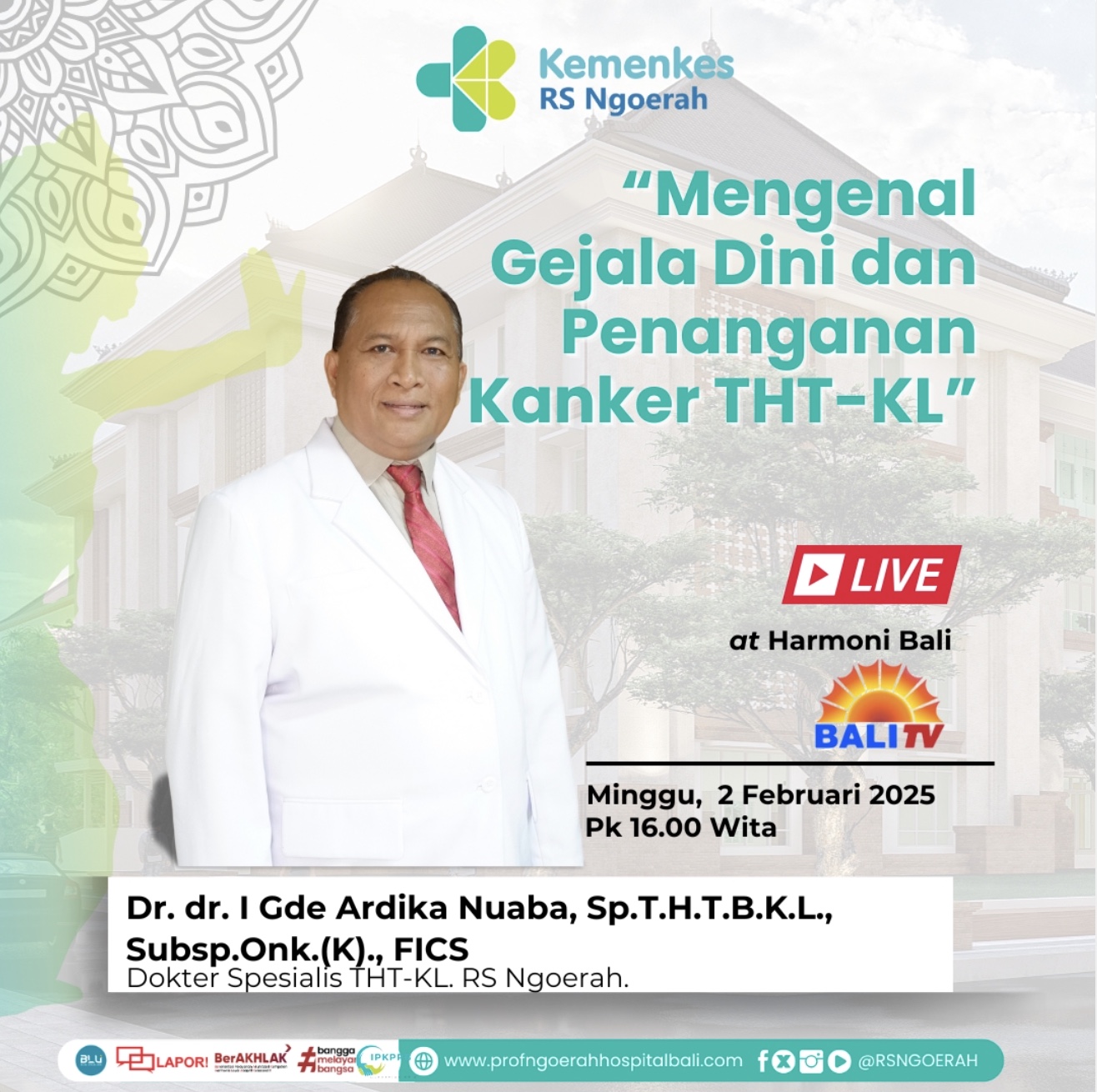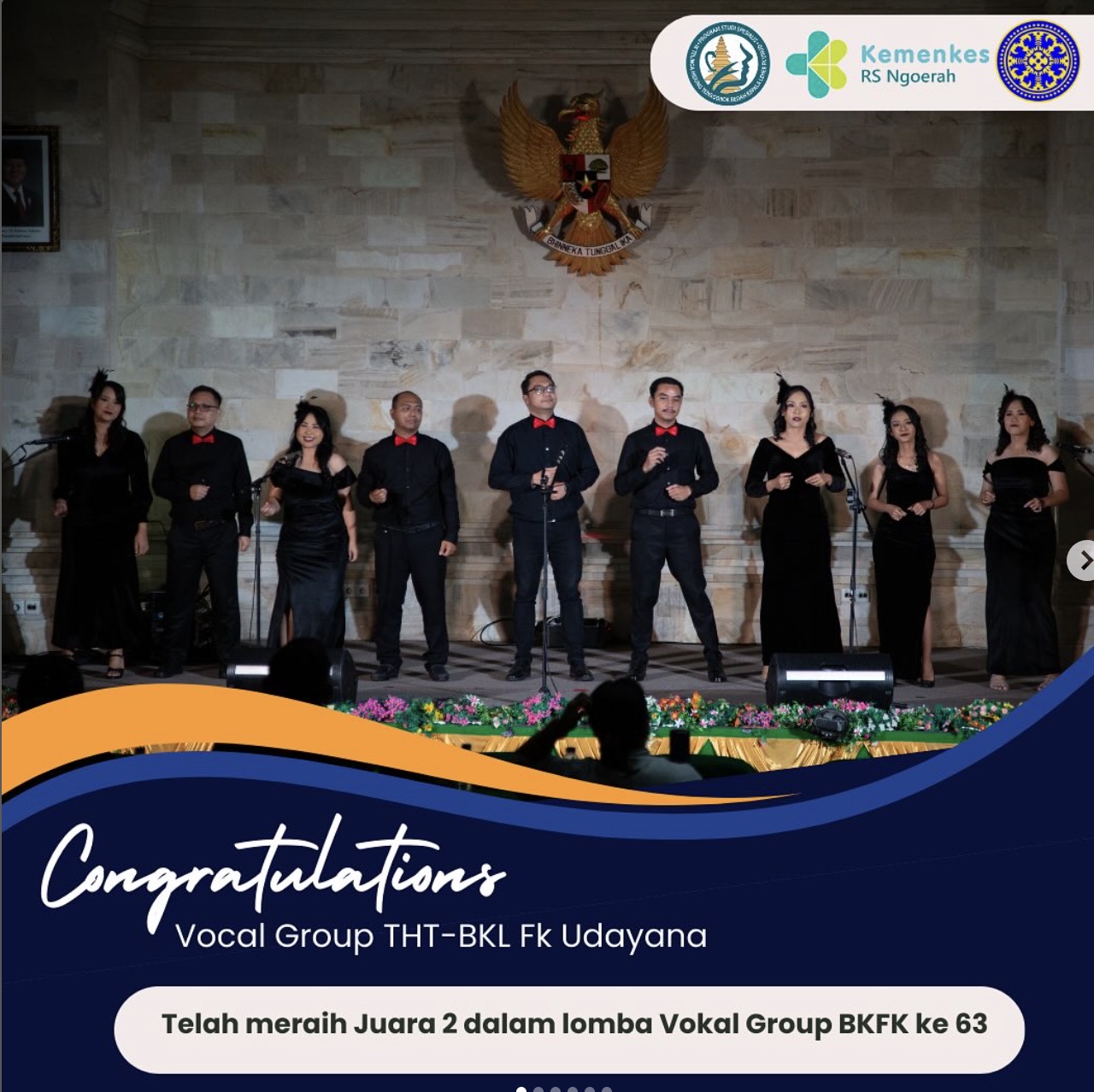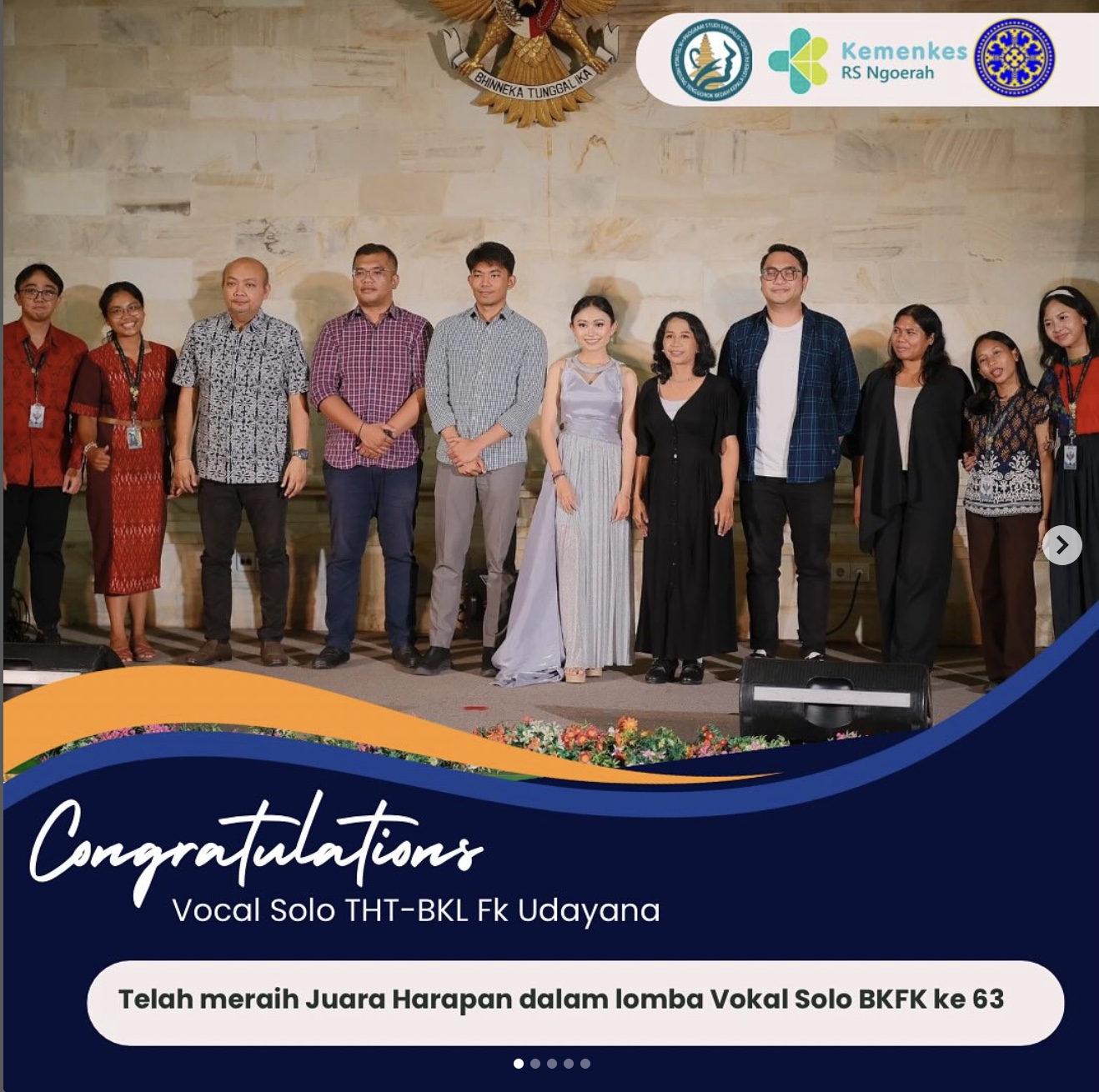Jembrana Disaster Social Service Academic
Indonesia is a disaster-prone country both
geographically, geologically and socio-demographically. Geographically,
Indonesia is an area that consists mostly of the sea and is also located right
between the equator so that Indonesia is strongly influenced by the tropical
marine climate. Tropical sea climate conditions make rainfall in Indonesia
relatively high so that it is vulnerable to flood disasters due to high
rainfall and floods due to sea tides, as well as landslides due to rain in the
highlands. One of the natural disasters that occurred recently was a flash
flood that occurred in Bilukpoh village, Mendoyo district, Jembrana regency
which resulted in many local people who lost their homes and had to live in
refugee areas. The evacuation area is spread in several posts, including the
Yehembang post, Sangkaragung post, and Nusasari post in Melaya village.
Empathizing with the communities affected by natural
disasters that occurred in Jembrana, the ENT-KL Specialist Study Program,
Faculty of Medicine, Udayana University did not stand still, but tried to
actively help ease the burden of suffering of victims of natural disasters in
Jembrana by conducting health checks in the form of examinations in the field
of ENT-KL, ear cleaning and giving medicines. Of course, all health service
activities are carried out by complying with health protocols and wearing
standard personal protective equipment.
Saturday, October 22, 2022, the ENT-KL Specialist Study Program, Faculty of Medicine, Udayana University in collaboration with the PERHATI-KL of Bali–NTT sent a medical assistance team of six people led by dr. I Made Wiranadha, Sp.T.H.T.B.K.L, Neurootology Subspecialty (K) along with five ENT-KL residents including dr. Michael Alexander Dhira Damanik, dr. Maximiliano Agustian Mahardhika, dr. Felicia Yumita Winata, dr. Pande Agus Parta Prananda and dr. Ni Komang Tri Utami Handayani. The medical assistance team then immediately carried out health checks at three evacuation posts, namely at the Yehembang post, Sangkaragung Post and Nusasari Melaya Post and provided free medical treatment to people affected by the disaster. This activity received a positive response from the disaster-affected community, one of the proofs was that there were around 60 patients who enthusiastic came to check themselves at the ENT health post to get treatment. It is hoped that community service activities like this, in the future should be carried out in a sustainable manner by involving all lecturers and students with broader goals
.
.jpeg)



UDAYANA UNIVERSITY